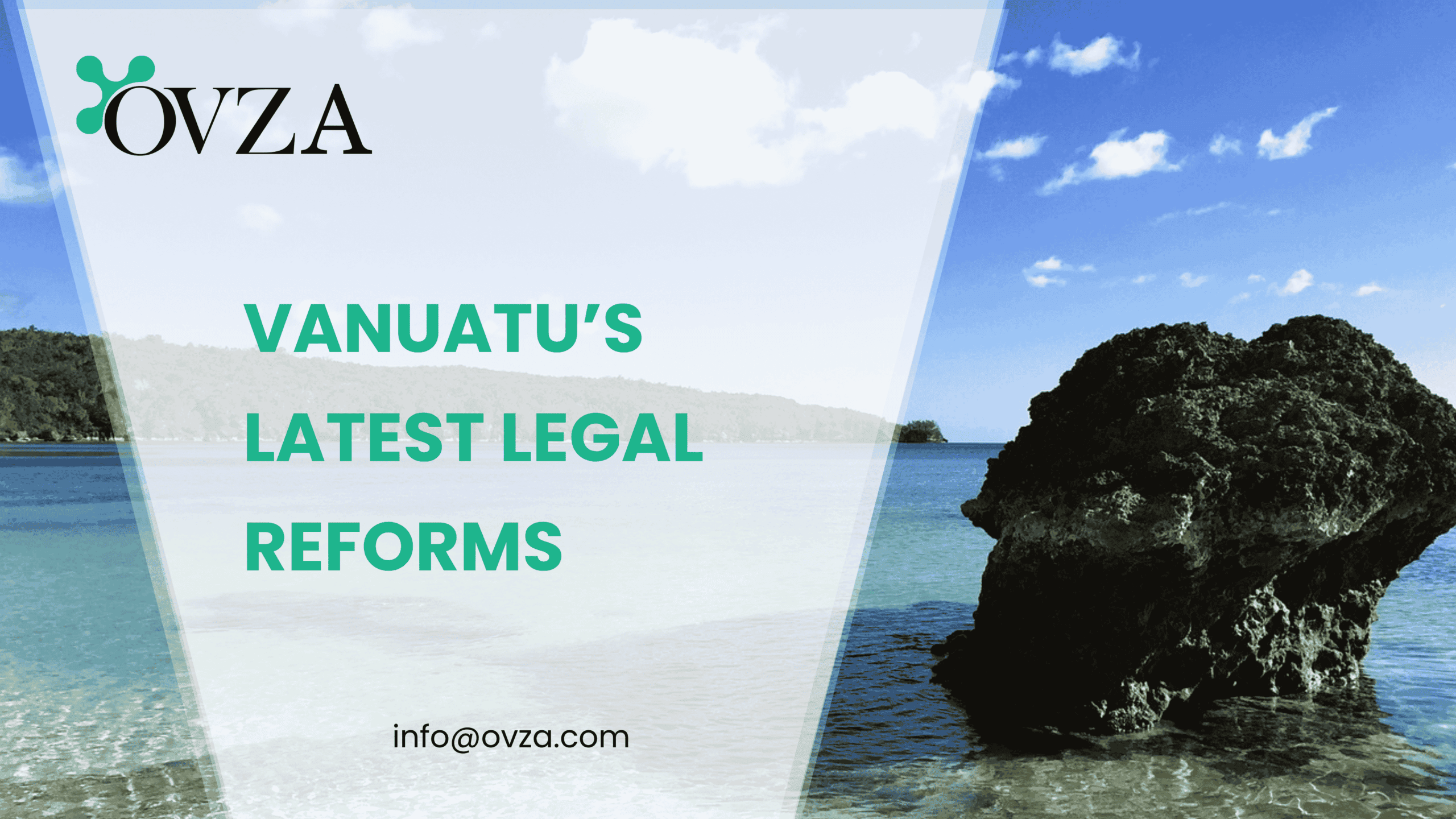What is a nominee?:a nominee is a legal stand-in who holds a position—such as director or shareholder—on behalf of the beneficial owner in an offshore company. Understanding what a nominee is is crucial to interpreting how offshore structures are formed, managed, and protected under international company law. In most jurisdictions, nominee services are entirely legal when used properly, but their use must comply with transparency and anti-money laundering (AML) regulations.
A nominee is not the true owner but is instead contractually appointed to act in name only. The beneficial owner retains actual control and rights through a separate agreement—usually a declaration of trust or power of attorney—ensuring that the nominee cannot act independently or benefit from the underlying assets. When discussing what is a nominee in offshore practice, it’s important to differentiate the concept from legal ownership, as the nominee’s role is administrative and non-beneficial.
Legal Basis for Nominee Arrangements in Offshore Jurisdictions
To understand what is a nominee from a legal perspective, we must examine how offshore laws treat legal versus beneficial ownership. Jurisdictions like the British Virgin Islands, Seychelles, Belize, and Nevis expressly recognize the distinction between the nominee and the beneficial owner. These structures are permitted so long as the nominee’s role is transparently documented and the ultimate beneficial owner (UBO) is disclosed to corporate service providers and, where applicable, regulatory bodies.
For instance, under the BVI Business Companies Act, a company may appoint any eligible person or corporate entity as a director or shareholder. That person may serve as a nominee, holding the position in title only. However, the beneficial owner’s identity must still be maintained in the internal records and, if required, submitted to the Beneficial Ownership Secure Search System (BOSS). The nominee is bound by contract and fiduciary obligations, and the actual control of the company lies with the UBO.
The use of nominees does not alter the legal obligations of the beneficial owner. They are still responsible for tax reporting, compliance, and any declarations under FATCA, CRS, or local laws. In this context, what is a nominee becomes a question of legal transparency—not concealment—and must be handled by experienced providers who understand both privacy and compliance.
Nominee Directors vs. Nominee Shareholders
A nominee director is often the most visible figure in an offshore company’s registration documents. This individual or legal entity appears as the official director of the company in public corporate registries, but in practice, has no independent authority. The nominee director acts only under instructions from the beneficial owner, and this relationship is formalized through a deed of indemnity and a director services agreement. These documents restrict the nominee from taking any autonomous decisions and protect both parties under the applicable jurisdiction’s corporate law.
Nominee shareholders, on the other hand, are used to hold shares on behalf of the beneficial owner. When asking what is a nominee shareholder, one is really asking how offshore companies separate appearance from control. The shares are legally registered in the name of the nominee, but a declaration of trust confirms that the beneficial interest lies entirely with the true owner. This document ensures that the nominee cannot transfer, pledge, or benefit from the shares without explicit written consent.
Both roles are designed to protect the privacy of the beneficial owner while complying with local laws. In jurisdictions like Seychelles and Belize, nominee arrangements are common for clients who wish to maintain confidentiality in public records but are still subject to private UBO disclosure to the registered agent or local financial intelligence unit. When structured correctly, the use of nominees is not only legal but also highly practical for international entrepreneurs, investors, and asset holders.
Purpose and Legitimate Uses of Nominee Services
Nominee services are often employed in situations where privacy, operational convenience, or asset protection is required. For example, an offshore company used to hold intellectual property might appoint a nominee director to shield the UBO from public scrutiny or business rivalries. In a cross-border investment, a nominee shareholder may hold shares temporarily during restructuring or due diligence.
Importantly, the existence of nominee services should not be confused with illegal concealment. While nominee structures can be misused for tax evasion or asset hiding, when used in accordance with regulatory frameworks, they serve critical and lawful business needs. Financial institutions, auditors, and legal advisors often rely on nominee structures for holding client assets in escrow, managing third-party shares, or ensuring continuity during corporate transitions.
Nominees can help safeguard privacy and continuity without sacrificing legality—when properly documented, disclosed, and supervised.
Why OVZA Does Not Support Nominee Structures
While many offshore service providers continue to offer nominee director and shareholder services as a default feature, OVZA does not support the use of nominee arrangements in any of its company formations. This policy is not simply a matter of preference—it is a reflection of the legal, ethical, and compliance risks associated with nominee structures in the modern regulatory landscape.
From a legal standpoint, nominee arrangements introduce ambiguity into questions of control, ownership, and responsibility. In the event of a legal dispute, tax audit, or cross-border investigation, the existence of a nominee can raise serious red flags. Courts and regulators are increasingly skeptical of any structure that separates beneficial control from legal appearance without a clear operational justification. In practice, this often leads to the presumption that such structures were intended to obscure rather than protect, regardless of documentation.
From a compliance perspective, the use of nominees increases the burden on banks, auditors, and corporate registries. Financial institutions may reject applications outright if they detect nominee involvement, particularly in high-risk jurisdictions or industries. Regulatory bodies such as the OECD and FATF have placed nominee arrangements at the center of global anti-money laundering concerns, and many countries now consider them high-risk for base erosion and profit shifting (BEPS).
Eli Carter from our legal affairs department puts it this way:
“Using a nominee is like putting sunglasses on a skeleton—you might think it looks clever, but you’re still exposed when the spotlight hits. In 2025, discretion comes from lawful design, not theatrical paperwork. If you wouldn’t want to explain your structure to a regulator over coffee, don’t build it.”
At OVZA, we take the position that the use of nominees is not only outdated, but also incompatible with best practices in global compliance. Our firm promotes structures where true beneficial ownership is transparent, defensible, and documented—because that is what modern law and banking systems require.
Conclusion
The question what is a nominee no longer belongs solely to privacy-seeking entrepreneurs or offshore advisors—it sits squarely within the realm of international regulatory scrutiny.
A nominee is a formal stand-in for a beneficial owner, holding legal title or governance roles without any claim to economic benefit. Used properly, nominees support privacy, asset planning, and operational flexibility. Used recklessly or without documentation, they pose serious compliance risks.
Whether acting as a shareholder, director, or officer, the nominee must be part of a transparent structure that respects both the letter and spirit of financial regulation. In the offshore world, the nominee remains a valuable tool—but one that must be wielded with legal clarity and strategic purpose.
Disclaimer: The information provided on this website is intended for general reference and educational purposes only. While OVZA makes every effort to ensure accuracy and timeliness, the content should not be considered legal, financial, or tax advice.












